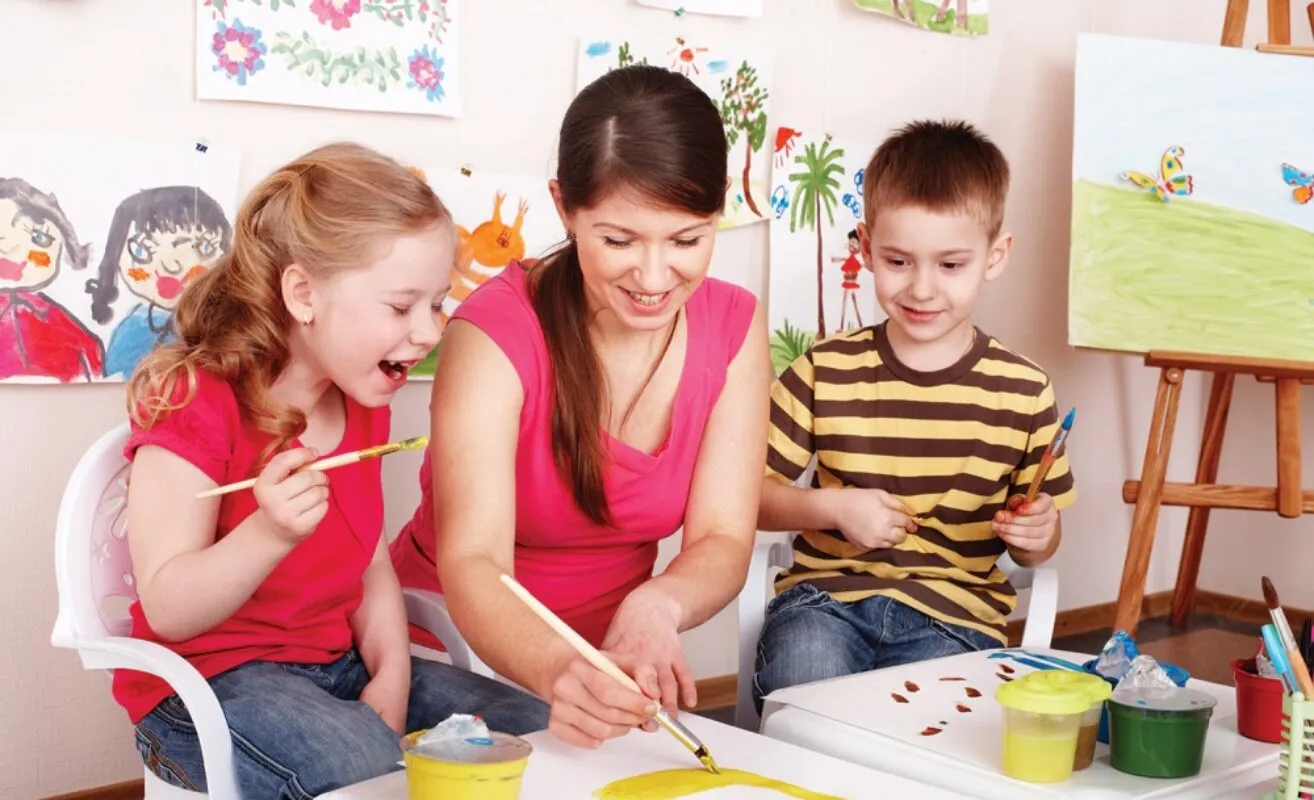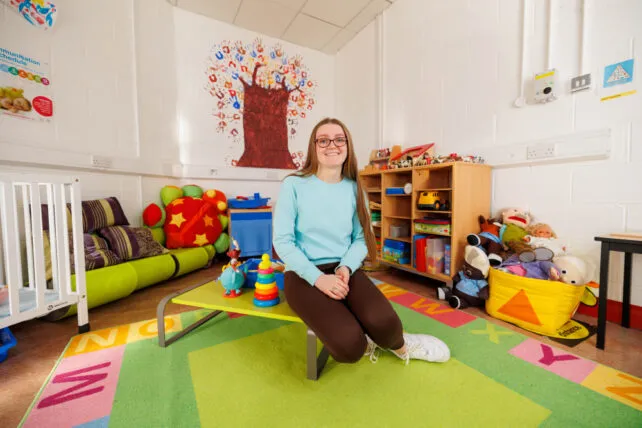What are the entry requirements?
Leaving Certificate
Grade 06 at ordinary level in five subjects in the Leaving Certificate examination. Two of these subjects must be Mathematics and a language (English or Irish). Note: An FL2 in Foundation Level Mathematics will be accepted as meeting the minimum Mathematics requirements for entry to this course. Mature applicants are not required to meet the minimum entry requirements. However, an interview may form part of the selection process.
QQI
Up to 15 places are reserved for FETAC students. Any QQI Level 5 qualification is acceptable. Applicants, however, must hold one of the following awards: 5N1370 Social Studies / 5N1279 Human Growth and Development / 5N1770 Early Care and Education Practice / 5N1765 Child Health and Wellbeing / 5N2705 Care Provision and Practice / 5N1764 Child Development / 5N1773 Early Childhood Education and Play / 5N1786 Special Needs Assisting.
Mature Applicants
Mature applicants are not required to meet minimum entry requirements. However, an interview may form part of the selection process.
International Applicants
International applicants should apply directly to the International Office at TUS, allowing plenty of time for completing the visa process. Applications for September start should be made by 1st June at the latest to ensure visas are processed in time. You should familiarise yourself with visa processing times for your country of origin to ensure you make a timely application. Find out more here.





